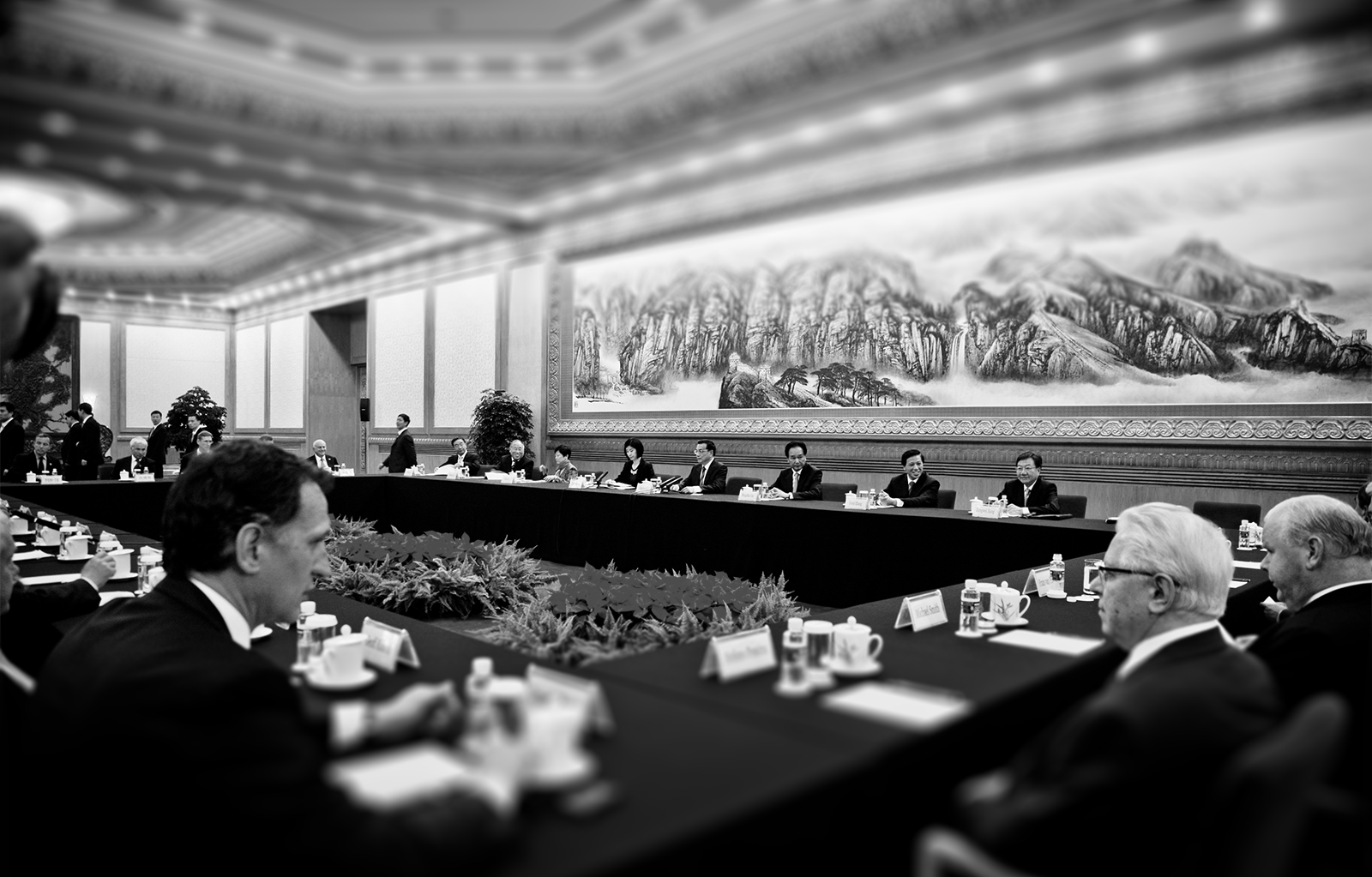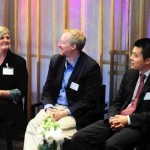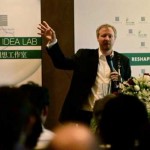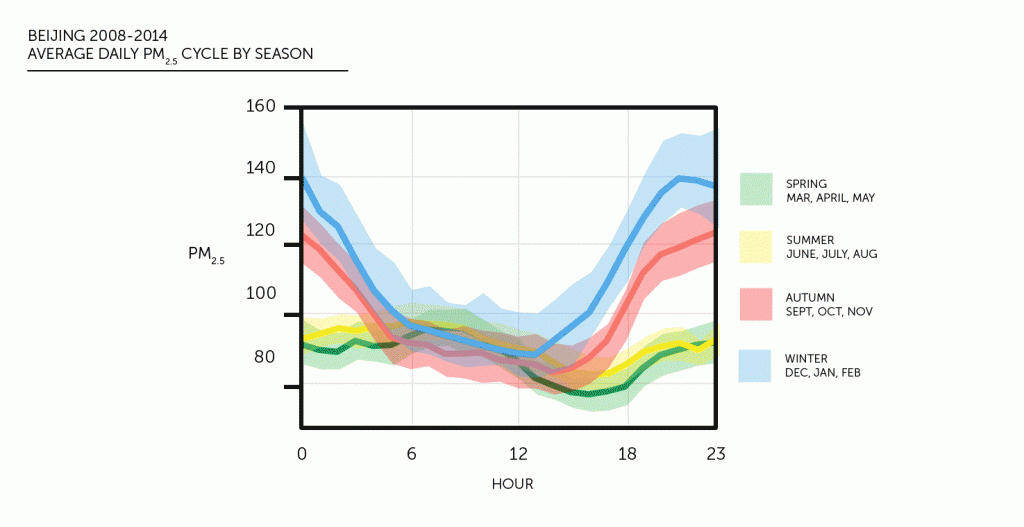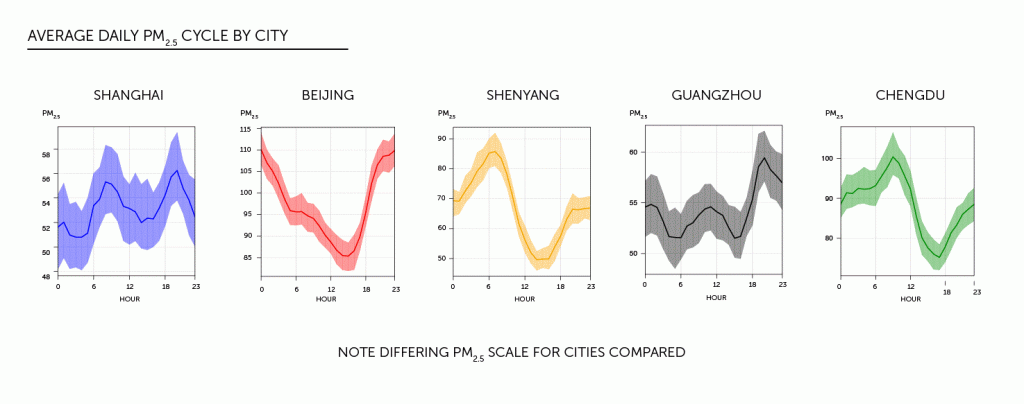- Founder, Collective Responsibility
- A popular speaker on issues of social innovation & entrepreneurship, sustainability, corporate social responsibility, and leadership
- Adjunct Professor, Sustainability and Responsible Leadership, China Europe International Business School
- Founder, Collective Responsibility
- A popular speaker on issues of social innovation & entrepreneurship, sustainability, corporate social responsibility, and leadership
- Adjunct Professor, Sustainability and Responsible Leadership, China Europe International Business School
Richard BRUKBAKER is Managing Director of Collective Responsibility, Vice Chairman of the Corporate Social Responsibility Committee of the American Chamber of Commerce in Shanghai and a Visiting Professor of Sustainability at the China Europe International Business School (CEIBS). Brubaker is focused on building platforms that promote long term organizational capacity to address the economic, environmental, and social hurdles that China faces as the country’s economic growth accelerates. Driven by the belief that change begins with a single step, he has spent the last 15 years in Asia working to engage, inspire, and equip those around him to take their first step.
Acting as a catalyst to driving sustainability, to bring about the changes in leadership and business models, and to recalibrate old models so that new opportunities can be captured, Brubaker’s work is centered around building foundations of knowledge, understanding core issues, engaging stakeholder, and doing what it takes to move forward.
To date, Brubaker has overseen the development and execution of more than 200 projects focused on solving the social, environmental, and economic challenges that are faced in Asia.
Brubaker is regularly invited to speak at leadership, social innovation, and sustainability focused conferences to speak on issues of social innovation & entrepreneurship, sustainability, corporate social responsibility, and leadership, and has been interviewed by more than 50 media outlets, including: CNN, CNBC, BBC, New York Times, Financial Times, China Economic Review, Inc., Fast Company, and International Herald Tribune.
Brubaker holds a Master in International Management from the Thunderbird School of Global Management.

